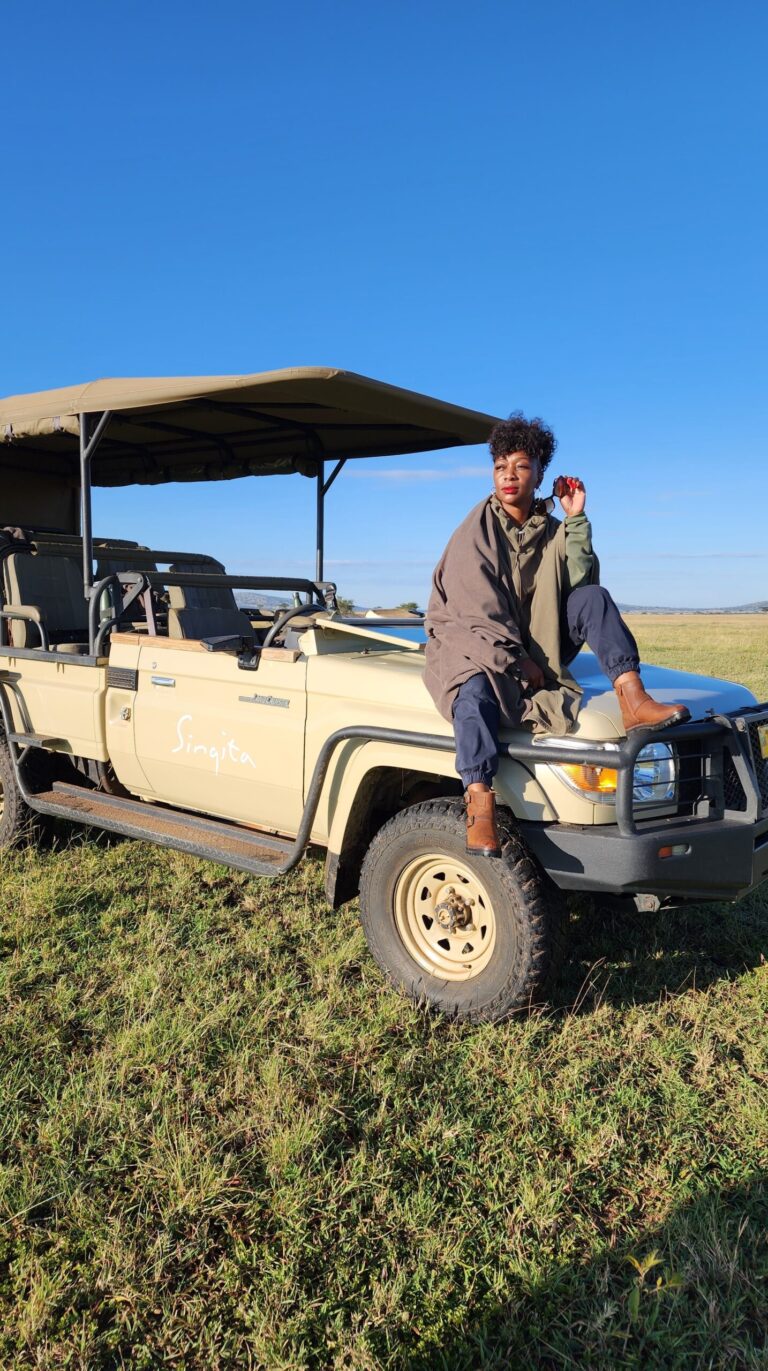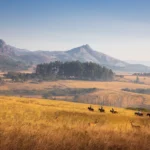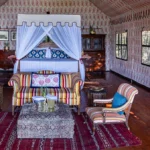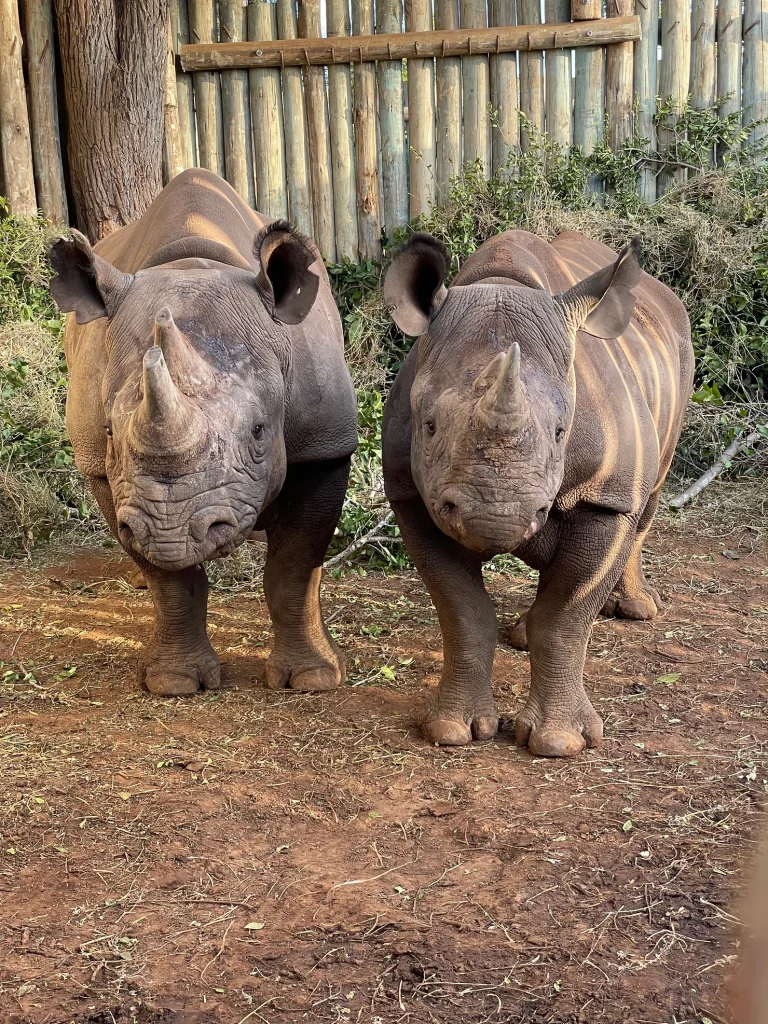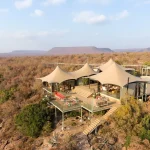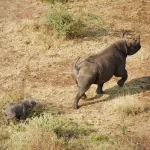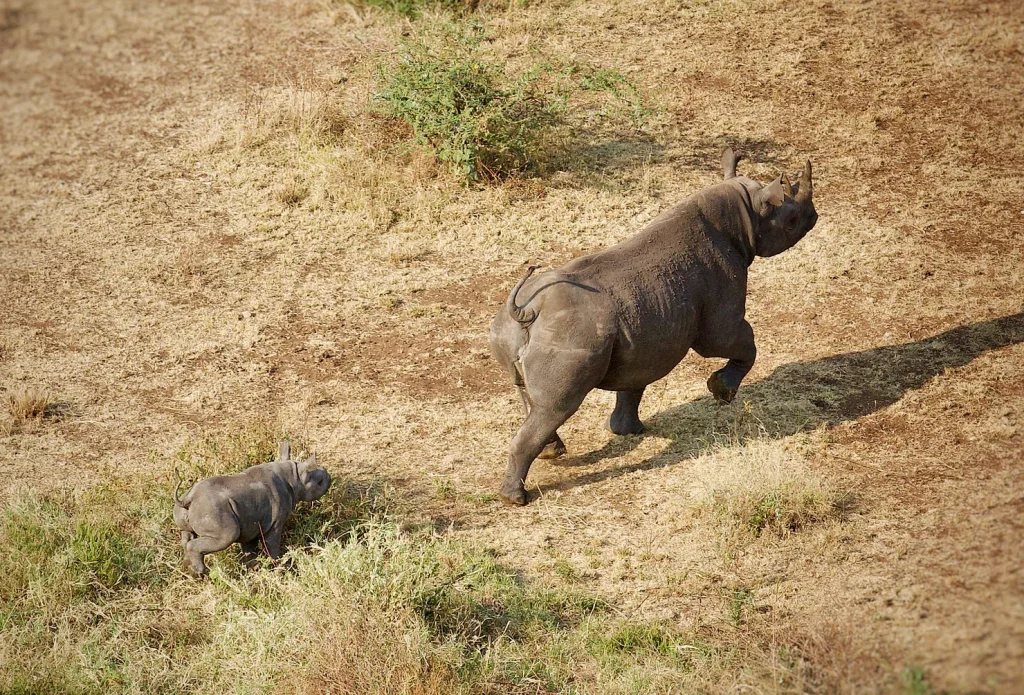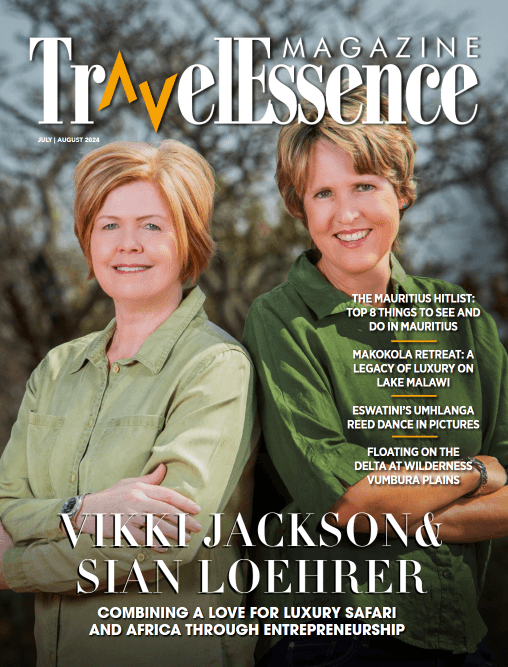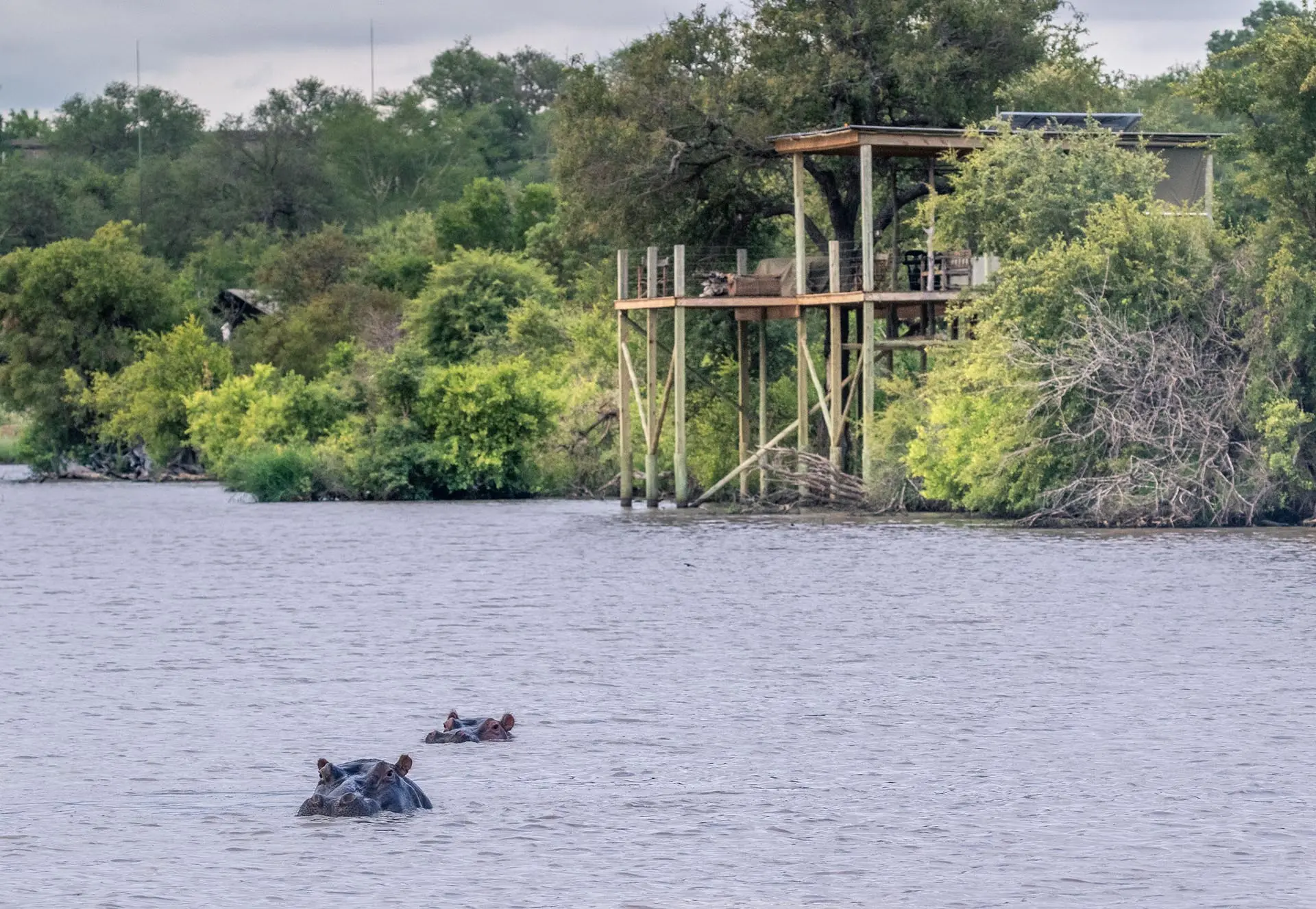With the population of Eastern black rhino dropping from 10 000 in 1970 to less than 1000, this species is critically endangered. But thanks to the conservation efforts of the Grumeti Fund, Singita’s non-profit conservation partner in Tanzania, the region a few months back celebrated the birth of a black rhino calf – the first in the region in decades. The Grumeti Fund (www.grumetifund.org) carries out wildlife conservation and community development work in the western corridor of the Serengeti ecosystem in Tanzania.
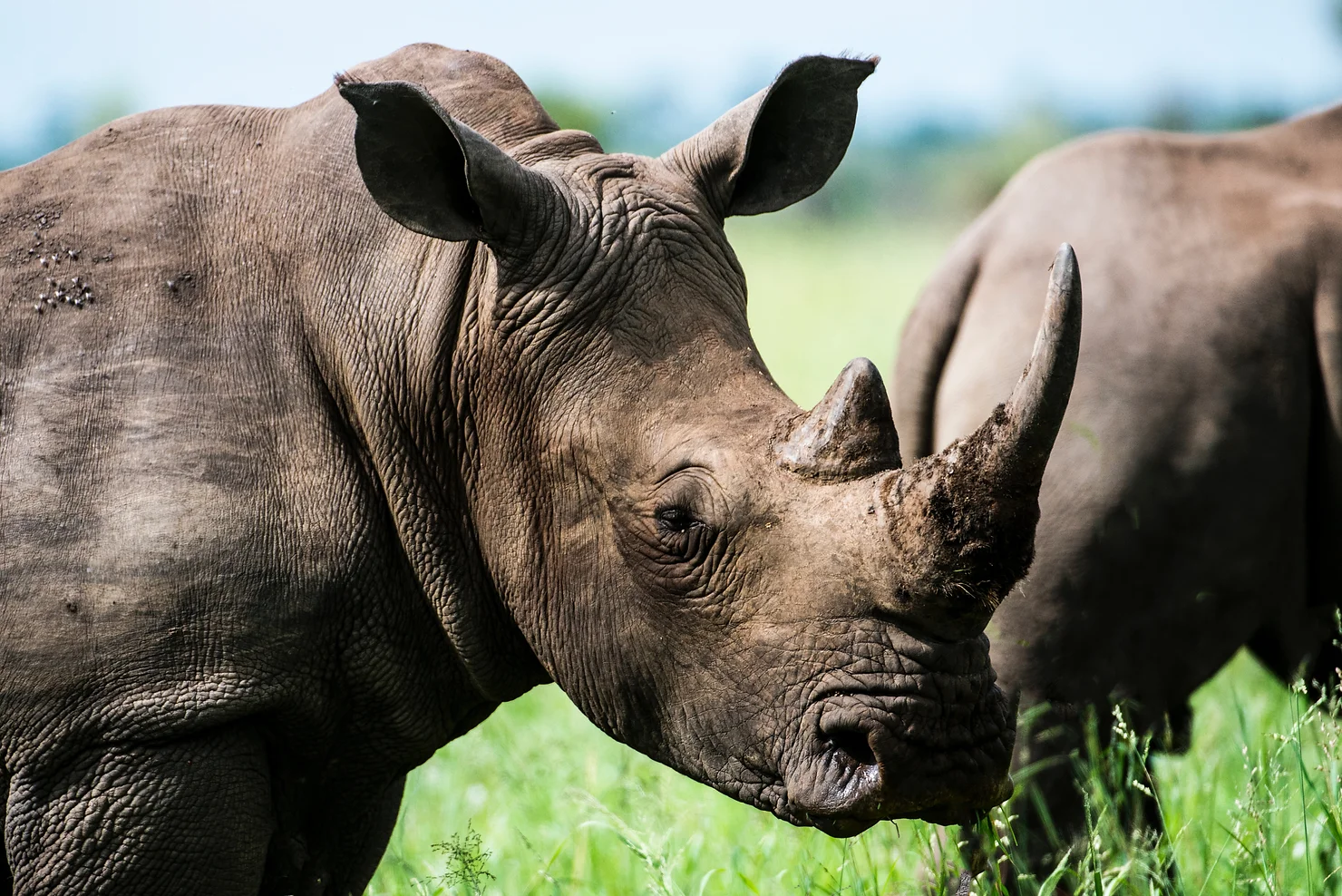
With 165 dedicated staff working to protect the habitat and the indigenous wildlife, the Grumeti concession is managed and monitored by cohesive efforts between Singita and the Grumeti Fund. The results are emblematic of the tireless dedication of the communities and conservationists in the area, such that what was once near-barren plains 15 years ago, is now teeming with wildlife once more. The rhino calf’s birth represents the culmination of years of hard work, strategic partnerships, and the technical ability to successfully relocate black rhinos over long distances to new habitats.
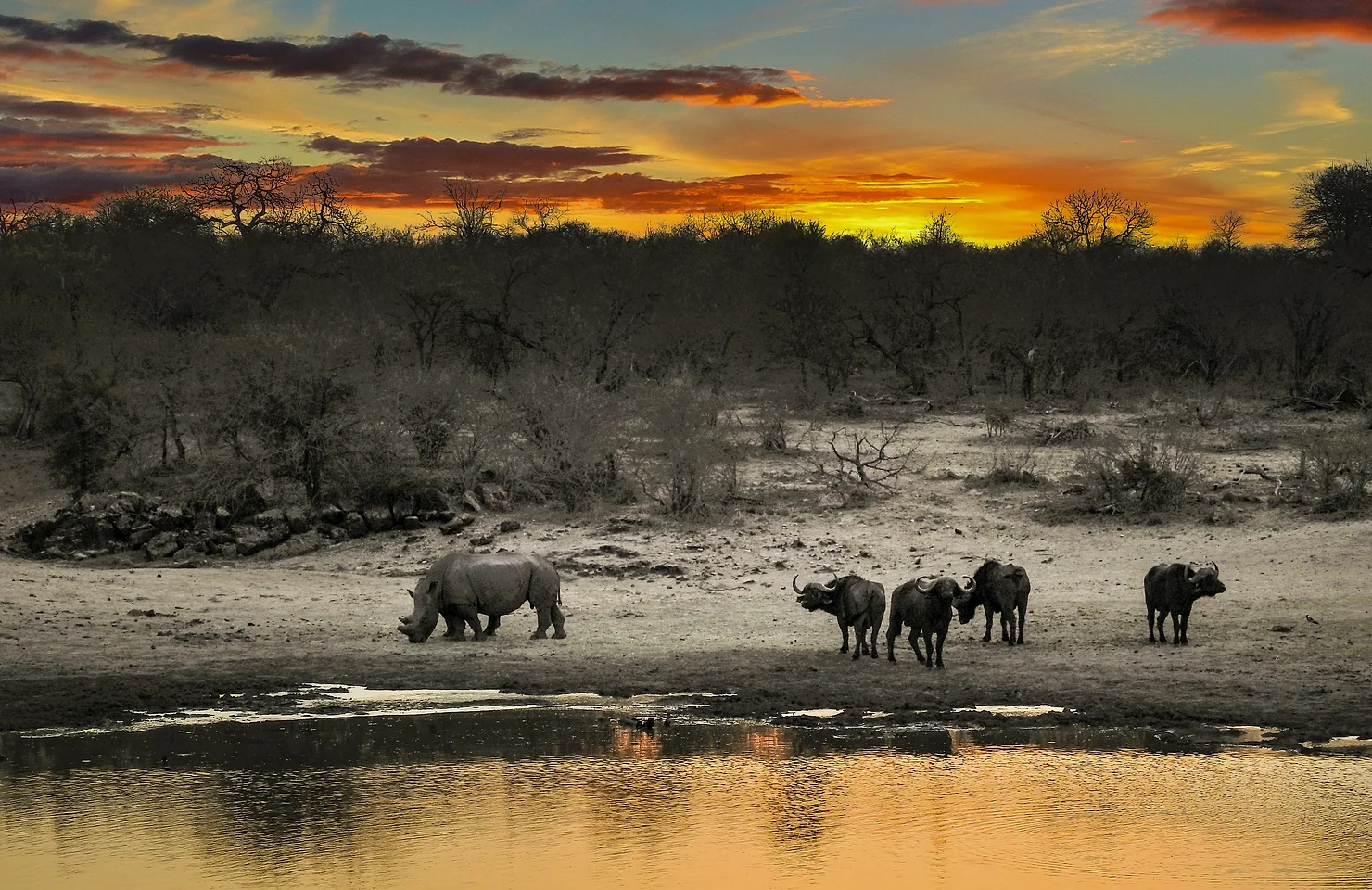
Grumeti Fund and the black rhino story
Since its inception in 2002, the Grumeti Fund’s main goal has been returning the eastern black rhino to the western Serengeti; thereby establishing a founder population that contributes to the genetic pool bolstering the greater Serengeti-Mara ecosystem’s rhino population.
In the 1970s, rampant poaching decimated numbers significantly and some animals were removed from East Africa, with the intention of saving the species and returning them to their rightful home. Singita Grumeti, a 350,000-acre protected area in the Western Serengeti in Tanzania, has seen a significant reduction in poaching thanks to the Grumeti Fund’s dedicated anti-poaching efforts, which include a special operations task team of highly-skilled individuals, an intelligence-gathering unit, mobile patrols, a canine unit, and an airwing.
In 2019, the Grumeti Fund, in partnership with government stakeholders – primarily the Ministry of Natural Resources and Tourism and the Tanzania Wildlife Management Authority (TAWA) – translocated a breeding nucleus of rhino from an out-of-range population in South Africa.
Following an arduous journey in crates, trucks, and airplanes, nine black rhinos arrived safely in Tanzania in September 2019. After a few months of acclimatizing in rhino bomas (enclosures), they were successfully released in November 2019. Lindiwe – meaning “awaited” – one of the females relocated from South Africa, gave birth to her first calf in June 2020, and the pair are thriving under the watchful eye of the aerial and ground teams.
Now that the annual wildebeest migration has moved into the area – with well-fed predators and grasses low – monitoring the mother and calf is easier and the risk of predation is reduced. The well-being of the animals is the full-time job of the rhino monitoring team – a combination of Grumeti Fund and TAWA personnel. Aerial and mobile units track the rhino regularly, logging their locations in Earth Ranger (the real-time data visualization platform developed by Vulcan Inc.) which collects data on assets, incidents, and wildlife reports across the protected area.
“We hope that a few more calves will be born. The speed at which their numbers are rebounding is very encouraging,” said Stephen Cunliffe, Executive Director of the Grumeti Fund. “There have been hardships along the way, but it’s all worth the significant effort and investments of donor funding because, at this point, the population is increasing. To all who have been a part of this ambitious and visionary project, thank you! You are part of a great comeback story.”
Plans to relocate the next group of black rhinos to Grumeti in 2020 were derailed by the Covid-19 pandemic. However, the next phase will take place in 2021. The steady growth of the new satellite population at Singita Grumeti is essential to their future survival.
To support Singita in its efforts to raise USD 500,000 for the Grumeti Fund’s historic translocation and please visit https://singita.com/donations/?project=26211 to make a donation.










